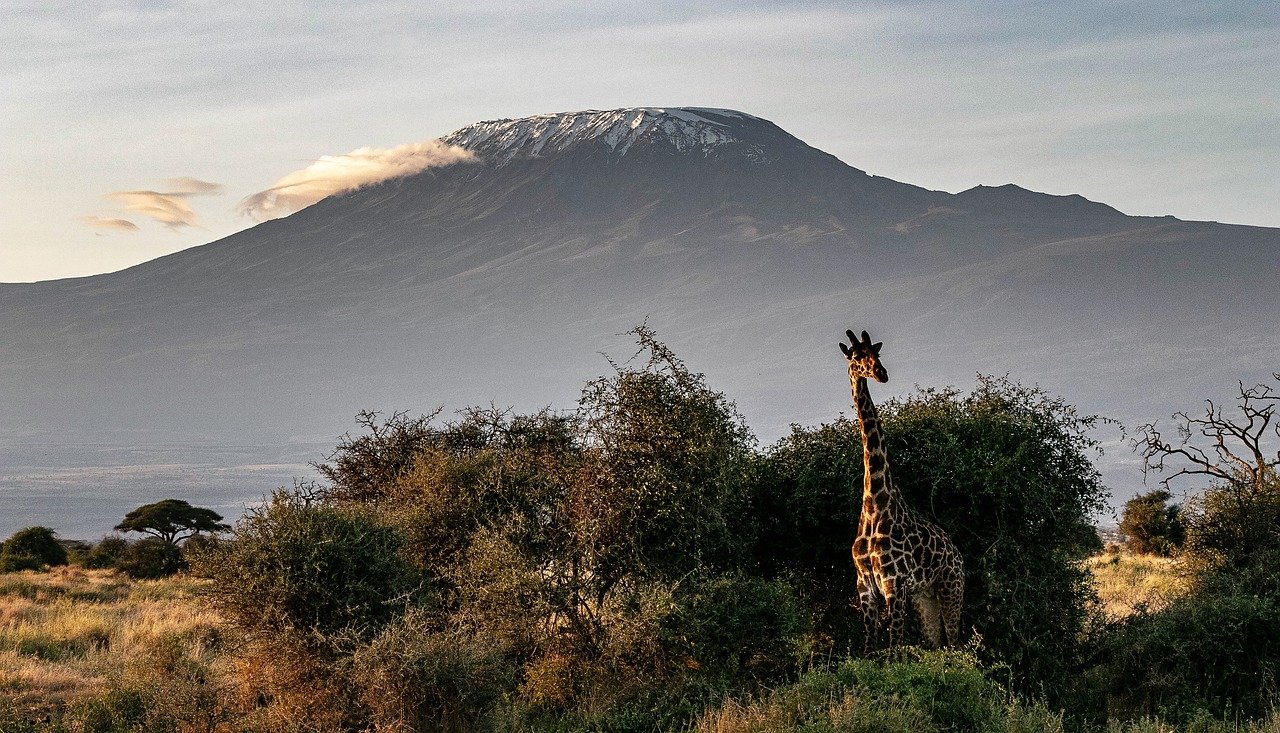News
- Details
- Category: News
The KiLi project – an incredible, wide-ranging eight year study on Mount Kilimanjaro of the effects of climate and land-use change on biodiversity, biotic interactions, and biogeochemical ecosystem processes – came to an end this year. A new publication summarizes its findings.
Published earlier this month, The KiLi Project: Kilimanjaro Ecosystems Under Global Change – Linking Biodiversity, Biotic Interactions and Biogeochemical Ecosystem Processes presents some of the most important results of the Kilimanjaro Project, a Research Unit funded by the German Research Foundation (DFG) from 2010 to 2018. The core objective of the Kilimanjaro project was to understand effects of climate and land-use change on biodiversity, biotic interactions, and biogeochemical ecosystem processes.
- Details
- Category: News
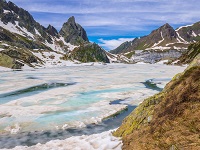 The Scientific Steering Group meets once a year to discuss, guide, and plan the Climate and Cryosphere project. Nominations close 15 October 2018.
The Scientific Steering Group meets once a year to discuss, guide, and plan the Climate and Cryosphere project. Nominations close 15 October 2018.The Climate and Cryosphere (CliC) project is one of the core projects of the World Climate Research Programme (WCRP), serving as the focal point for climate science related to the cryosphere, its variability and change, and interaction with the broader climate system. CliC is overseen by a Scientific Steering Group (SSG), which is responsible for overall direction and planning - and which is now looking for new members.
- Details
- Category: News
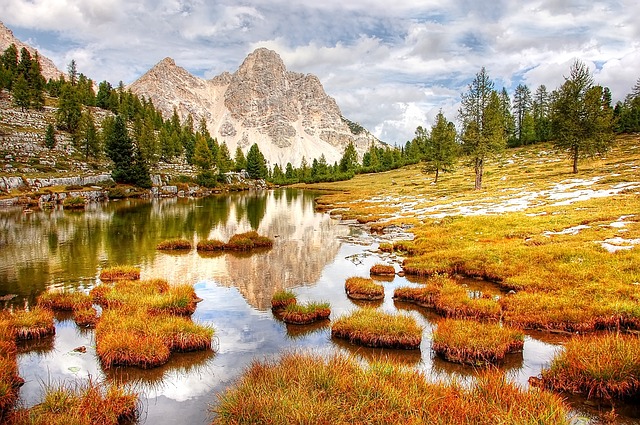 Students from all disciplines are invited to submit their Master's theses on the topic of 'Sustainable Water Management in the Alps' for a chance of winning a EUR 1,000 prize.
Students from all disciplines are invited to submit their Master's theses on the topic of 'Sustainable Water Management in the Alps' for a chance of winning a EUR 1,000 prize. Research and innovation are key elements for promoting sustainable development in the Alps, and young academics play a crucial role in shaping the future of the Alps. The aim of the Young Academics Award is to recognize this key role by awarding outstanding master theses carried out on relevant Alpine topics.
- Details
- Category: News
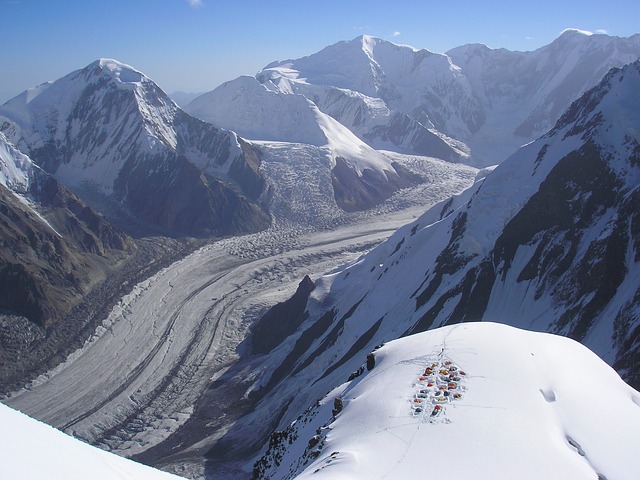 This workshop will take place 15-16 November 2018 in Kuala Lumpur, Malaysia, and aims to strengthen Asian participation and contribution to the IPCC AR6 cycle. Abstract submission is now open for oral and poster presentations documenting current knowledge of adaptation options, mitigation activities, and their interactions with development goals in Asia. The deadline is 10 October 2018.
This workshop will take place 15-16 November 2018 in Kuala Lumpur, Malaysia, and aims to strengthen Asian participation and contribution to the IPCC AR6 cycle. Abstract submission is now open for oral and poster presentations documenting current knowledge of adaptation options, mitigation activities, and their interactions with development goals in Asia. The deadline is 10 October 2018. The Intergovernmental Panel on Climate Change (IPCC) is currently in its Sixth Assessment (AR6) cycle, and will be delivering several policy-relevant reports between 2018 and 2022. The IPCC AR6 cycle has commenced with the preparation of three Special Reports: Global Warming of 1.5°C, Ocean and Cryosphere in a Changing Climate, and Climate Change and Land. This will be followed by formulation of the full Sixth Assessment Report (IPCC AR6), which includes three working group contributions on different aspects of climate change and the Synthesis Report that will be completed by 2022.
- Details
- Category: News
 The provisional programme for the International Mountain Conference 2019 has now been announced. This conference aims to encourage in-depth cross-disciplinary discussion in order to develop and enhance global understanding of mountain systems and their responses and resiliencies.
The provisional programme for the International Mountain Conference 2019 has now been announced. This conference aims to encourage in-depth cross-disciplinary discussion in order to develop and enhance global understanding of mountain systems and their responses and resiliencies. The International Mountain Conference (IMC) 2019 will take place 8-12 September 2019 in Innsbruck, Austria. It aims to build upon the Perth mountain conferences, continuing this special scientific conference series with a focus on mountain-specific topics. Taking place in the Alps, the IMC 2019 will provide an excellent opportunity for experts from different disciplines to come together and discuss mountain-related issues.
- Details
- Category: News
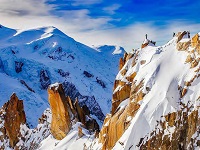 On the 15 June in Chamonix, France – directly following the Sustainable Summits Conference 2018 – the MRI convened a day-long event to discuss ‘An agenda for sustainable mountaineering, mountain tourism, and recreation: identifying research needs, projects, and partnership opportunities.’
On the 15 June in Chamonix, France – directly following the Sustainable Summits Conference 2018 – the MRI convened a day-long event to discuss ‘An agenda for sustainable mountaineering, mountain tourism, and recreation: identifying research needs, projects, and partnership opportunities.’ The Sustainable Summits Conference 2018 (SSC 2018), held 12-14 June 2018 in Chamonix, France, brought together researchers, practitioners, public and private sectors, mountaineers, and the general public to reflect on some of the key questions that hang over the sustainability of mountaineering and mountain tourism and recreation. In a complex context of global change in mountain environments, including the effects of climate change and demographic change, it was a timely and important event.
- Details
- Category: News
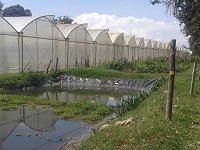 A new paper published in Mountain Research and Development explores the impact of commercial flower and vegetable farming on river water resources in Mount Kenya’s Upper Ewaso Ng’iro River Basin. We talk to paper author Nora Lanari about the implications of large-scale land acquisitions for water use and governance.
A new paper published in Mountain Research and Development explores the impact of commercial flower and vegetable farming on river water resources in Mount Kenya’s Upper Ewaso Ng’iro River Basin. We talk to paper author Nora Lanari about the implications of large-scale land acquisitions for water use and governance. With jagged, glacier-clad peaks that rise to over 5,199 meters, Mount Kenya looms over the arid and semi-arid lands below – and serves as a critical water tower for the region. In an area in which water is seasonally scarce, however, Mount Kenya’s rivers have become a potential source of conflict, particularly following the introduction of large-scale commercial flower and vegetable farms in the early nineties.
- Details
- Category: News
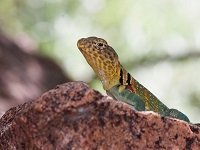 Working on species range shifts in mountain areas? Submit an abstract or propose a mountain-specific session or workshop.
Working on species range shifts in mountain areas? Submit an abstract or propose a mountain-specific session or workshop.
The Species on the Move Conference invites you to submit an abstract that can contribute to discussions on understanding and responding to climate driven species redistribution. The global redistribution of the planets’ species is widely recognised as a fingerprint of climate change. However, the mechanisms that underpin such range shifts are poorly understood. Additionally, the pervasiveness of range shifts, from poles to the equator, and depths of oceans to tops of mountains, provides a unique opportunity to advance theories of biogeography, evolutionary ecology, and macroecology.




